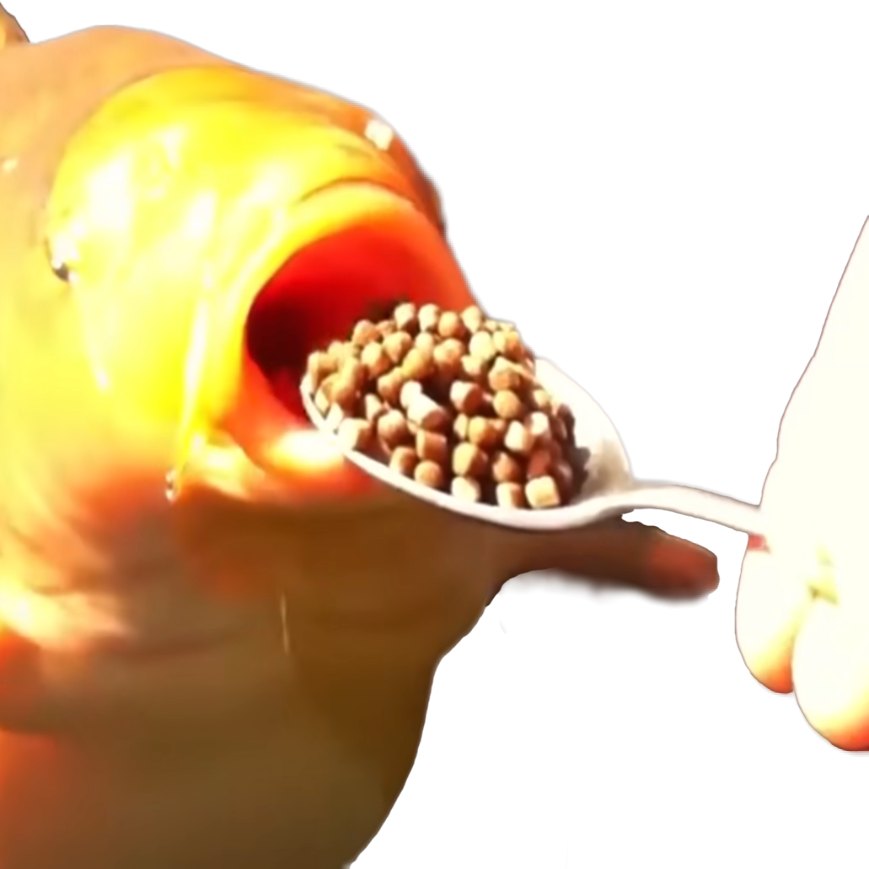

That’s really weird. I’ve checked this in two different browsers on my phone and it works fine but I thought I should quickly check on PC and it is showing an error when I open the link there, but I can download and view the video just fine. I’m a little stumped by this lol.
I wonder if there’s some sort of problem with catbox. I’ve just tried reuploading in a completely different way hopefully that works. E: Seems to be working fine now? Strange.
















I can share all of the systems that I have developed for the Webfishing server for yourself or @Stigsbandit35z@hexbear.net to use if you are interested.
I’m taking a break from everything due to poor mental health so I’m on light duties and it means my response time is usually at least a couple of days, so set your expectations accordingly.
It’s not that difficult to set up a server in Webfishing for this purpose but I did take a few steps to help with accessibility, like multi-modal ways of understanding the time it was scheduled (because of time zone conversion issues.)
In my experience the demands vary depending on what people need on the day. I’d say that it’s important to have a clear understanding in mind for how you would manage any disruptive or inappropriate behaviour (though I didn’t encounter any at all across the times I’ve run a server) and what you would do to maintain a safer environment (reminding people not to over disclose if they seem to be digging too deep into something that is raw and traumatic [i.e. where you would draw a line and guide them to talking with a support hotline or therapist instead], reminding people about being cautious not to give out too many specific personal details, and how you would respond if someone is in a mental health crisis etc.) This is probably overkill but there is a duty of care that you have when you set up a space like this.
Ensuring that you have the right self-care in place is also important, especially if you are newer to facilitating groups like this. Having your own support network to help you with debriefing and processing stuff is crucial.
Let me know if you’re keen and I’ll provide you with what I’ve got, just remember that it will probably take at least a few days for me to do it.